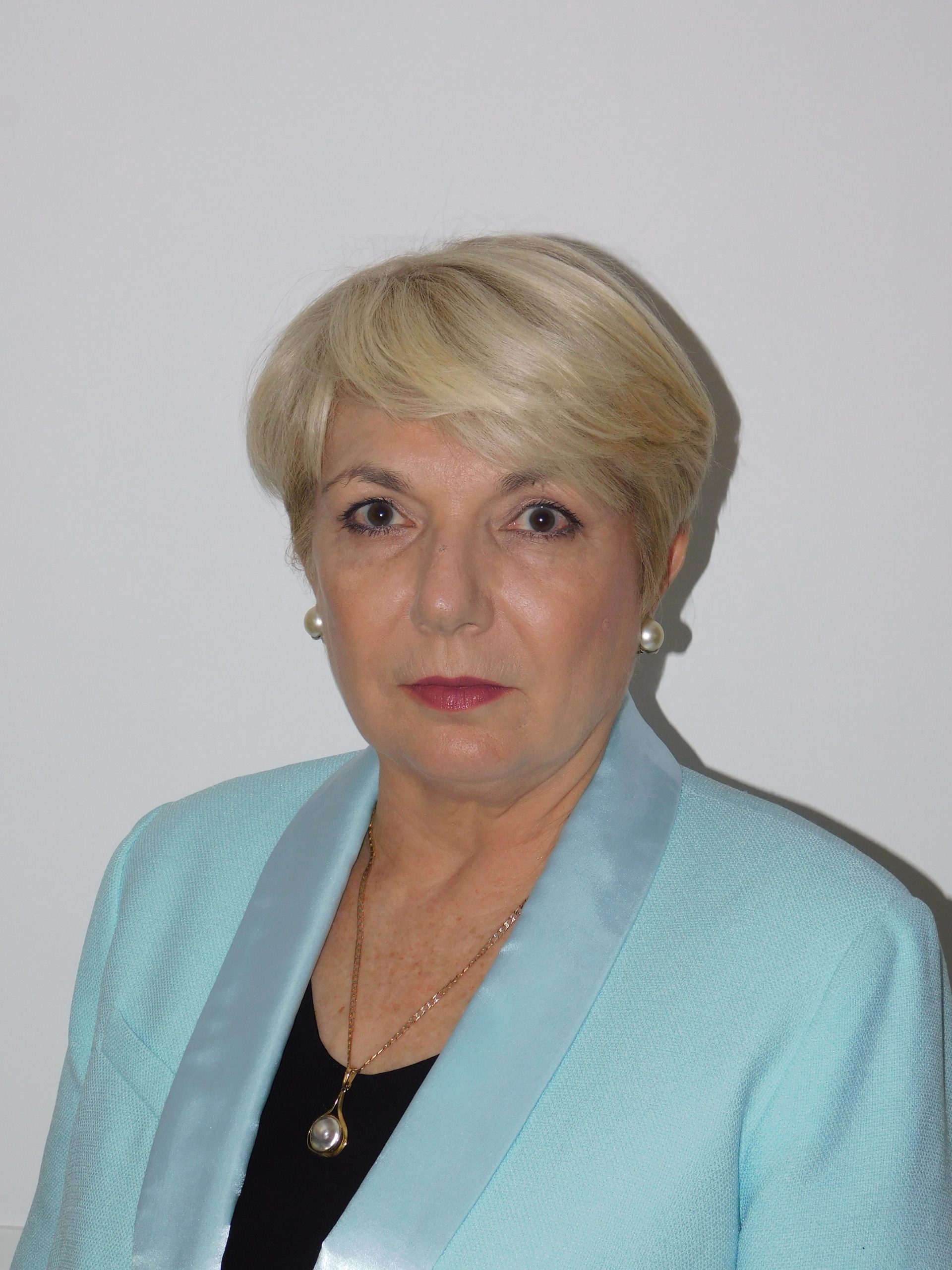
- This event has passed.
CBE Seminar: “Optimizing Work and Heat flows in Sustainable Chemical Processes Using Attainable Regions” (Diane Hildebrandt, Rutgers University)
October 16, 2024 at 3:30 PM - 4:30 PM
Abstract:
A chemical process transforms feed materials into desired products, necessitating the exchange of heat and work between the process and the environment. Optimizing process performance requires careful selection of chemical pathways, process parameters, and heat/workflows. The reversible process sets the upper-performance limit for sustainable design, thereby setting a target for process design. We propose using a plot of enthalpy (H) against Gibbs Free Energy (G) to represent, synthesize, and analyze heat and workflows in chemical processes. This graphical approach is particularly useful for identifying and assessing process reversibility. We define the Thermodynamic Attainable Region (AR T ) as the set of all (delta)H and (delta)G across all possible processes that convert a given feed(s) into specified products. In this talk, we will present a methodology for calculating the AR T . By leveraging the visual representation of the AR T , we can systematically analyze and compare the inherent heat and workflows of different processes, feeds, and products. We will consider some simple examples to illustrate the impact of the selection of chemical pathways, process parameters, and feeds on process heat and workflows and reversibility.

Diane Hildebrandt
Professor
Diane Hildebrandt is a Professor at the School of Chemical and Biochemical Engineering of Rutgers University. Diane Hildebrandt obtained her B.Sc., M.Sc., and Ph.D. from the University of the Witwatersrand. She has authored or co-authored over 225 scientific papers, including an invited paper in Science, and has supervised over 120 postgraduate students. She received numerous awards, including the African Union Continental Scientific Award in the category Basic Science, Technology and Innovation in 2009, the Yanzhao Friendship Award of the Hebei Province of China in 2020, and she was invited to give the Danckwerts at the Annual Meeting of the American Institute of Chemical Engineering in November 2022. Her research area is designing energy-efficient processes and equipment to reduce carbon dioxide emissions from chemical processes. She is particularly interested in how she can apply the results of her research to improving the lives of those who do not have access to energy and clean water.
